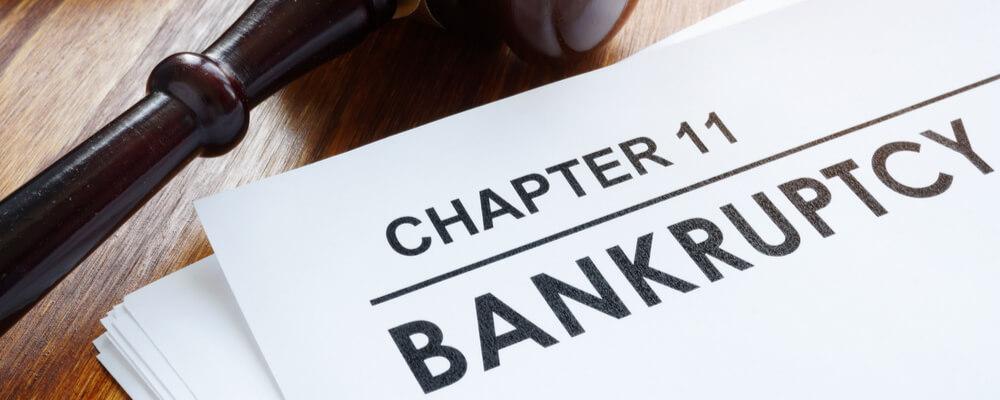Facing foreclosure is one of the most stressful financial situations a homeowner can encounter. When mortgage payments become unmanageable and default notices arrive, the legal complexities can feel overwhelming. This is where a mortgage foreclosure lawyer becomes an invaluable ally, providing both legal expertise and strategic guidance during a challenging time.
What is Mortgage Foreclosure?
Mortgage foreclosure is the legal process through which a lender attempts to recover the balance of a loan from a borrower who has stopped making payments. When homeowners default on their mortgage, the lender can initiate foreclosure proceedings to seize and sell the property to recoup their losses. This process varies significantly between states, with some following judicial foreclosure procedures that require court involvement, while others use non-judicial processes handled primarily through trustees.
The foreclosure timeline typically begins after 90 to 120 days of missed payments, though this can vary based on state laws and individual loan agreements. Understanding this timeline is crucial because early intervention often provides more options for resolution.
The Role of a Mortgage Foreclosure Lawyer
A mortgage foreclosure lawyer specializes in the complex legal issues surrounding home foreclosures, representing either homeowners facing foreclosure or lenders pursuing it. For homeowners, these attorneys serve multiple critical functions beyond simple legal representation.
Legal Analysis and Documentation Review
One of the primary services a foreclosure attorney provides is thoroughly examining all mortgage documentation and foreclosure paperwork. This includes reviewing the original loan agreement, promissory notes, assignments of mortgage, and foreclosure notices for any procedural errors or violations of federal and state lending laws. Many foreclosures contain technical defects that can be challenged in court, potentially stopping or delaying the process.
Exploring Alternatives to Foreclosure
Experienced foreclosure lawyers understand the full spectrum of alternatives available to homeowners. These may include loan modifications, which adjust the terms of the existing mortgage to make payments more manageable, or refinancing options that replace the current loan with new terms. Short sales, where the home is sold for less than the outstanding mortgage balance with lender approval, represent another viable option.
Additionally, attorneys can negotiate deed in lieu arrangements, where homeowners voluntarily transfer ownership to the lender in exchange for forgiveness of the remaining debt. Each alternative has distinct advantages and consequences that require careful legal analysis.
When to Consult a Foreclosure Attorney
Early Warning Signs
Homeowners should consider consulting a mortgage foreclosure lawyer as soon as they anticipate difficulty making mortgage payments, rather than waiting until formal foreclosure proceedings begin. Early consultation allows for proactive strategies and often provides more negotiating power with lenders.
Key indicators that legal consultation may be beneficial include receiving a notice of default, facing temporary financial hardship due to job loss or medical expenses, or discovering errors in mortgage servicing or payment processing.
Complex Financial Situations
Certain circumstances particularly warrant professional legal assistance. These include situations involving multiple mortgages or liens on the property, bankruptcy considerations, or disputes over loan servicing transfers. Properties with significant equity or unique legal complications also benefit from attorney involvement.
The Foreclosure Defense Process
Initial Case Evaluation
When homeowners engage a foreclosure attorney, the process typically begins with a comprehensive case evaluation. This involves reviewing all financial documentation, mortgage paperwork, and correspondence with the lender. The attorney will assess the strength of potential defenses and evaluate alternatives to foreclosure based on the client’s specific circumstances.
Legal Defenses and Challenges
Foreclosure attorneys employ various legal strategies to protect their clients’ interests. Common defenses include challenging the lender’s standing to foreclose, particularly in cases where mortgages have been sold or transferred multiple times. Attorneys may also identify violations of the Truth in Lending Act, Real Estate Settlement Procedures Act, or other consumer protection laws.
Procedural defenses focus on whether the lender followed proper legal procedures throughout the foreclosure process. This includes ensuring proper notice was given, documentation was filed correctly, and all state-specific requirements were met.
Understanding Legal Costs and Fees
Legal representation in foreclosure cases typically involves either hourly billing or flat fee arrangements, depending on the complexity of the case and the attorney’s practice structure. Many foreclosure attorneys offer initial consultations at reduced rates or free of charge to help homeowners understand their options.
Some attorneys work on contingency bases for certain types of foreclosure defense, particularly when pursuing claims against lenders for violations of federal lending laws. It’s important to discuss fee structures upfront and understand what services are included in any legal representation agreement.
State-Specific Considerations
Foreclosure laws vary significantly between states, making local legal expertise essential. Judicial foreclosure states require court proceedings, which typically take longer but provide more opportunities for homeowner defense. Non-judicial foreclosure states allow faster proceedings but may offer fewer procedural protections.
Understanding your state’s specific redemption periods, notice requirements, and deficiency judgment laws is crucial for developing an effective strategy.
Key Takeaways
A mortgage foreclosure lawyer serves as both legal advocate and strategic advisor for homeowners navigating the complex foreclosure process. Their expertise in mortgage law, foreclosure procedures, and alternative solutions can mean the difference between losing a home and finding a workable resolution.
The most important insight for homeowners is that early intervention provides the greatest number of options. Whether challenging the foreclosure on legal grounds, negotiating with lenders for modified terms, or exploring alternatives like short sales, professional legal guidance helps ensure that all available options are properly evaluated and pursued.
While facing foreclosure is undeniably stressful, understanding the role of legal representation and the various strategies available can help homeowners make informed decisions about protecting their most valuable asset.













